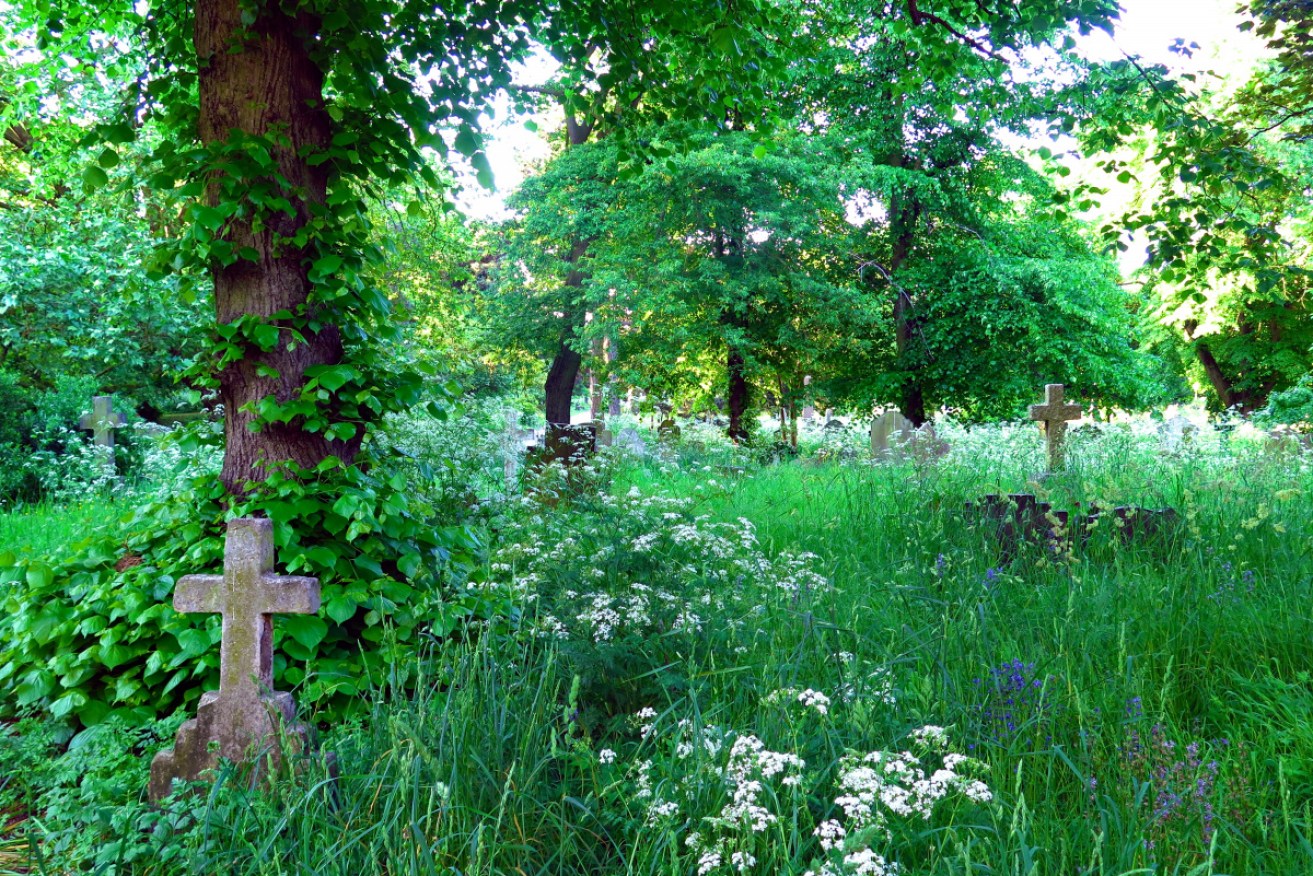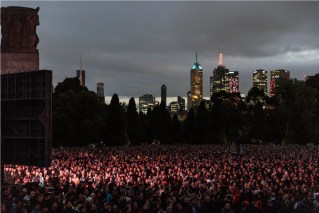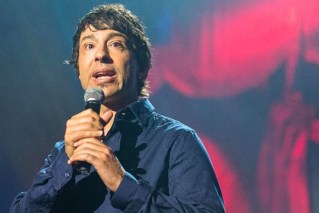Granny in the garden: Composting your loved ones has just become a thing


Composting is more environmentally friendly than burial or cremation. And the end product is sweet-smelling. Photo: Getty
Shame on you dead people. Just because you’re gone doesn’t mean you can’t do your bit for the environment.
For a start, if you’re buried, why take a tree with you in the form of a coffin? And what about all that embalming fluid leaking into the creeks and rivers? Yuck.
On the other hand, cremation is nothing more than a final contribution to global warming. Seriously.

A prototype of the human composter. The deceased is inserted at the top and soil comes out the bottom. Photo: Urban Death Project
It takes two to four hours at temperatures ranging from 760C and 1150C to reduce a body to nothing but the bones. Or putting it another way, if you were still able to drive, you could motor along for 7725 kilometres with the energy it takes to turn you to ashes.
Meanwhile, you’ve dirtied up the atmosphere with about 300 kilos of carbon dioxide – plus a good chunk of nitrogen oxide, carbon monoxide, sulphur dioxide, hydrogen chloride, hydrogen fluoride, heavy metals, dioxins and furans.
What to do?
Following the Tibetan lead and getting laid out on a mountainside for the crows is one way to go. Not pretty.
A Seattle-based company, named Recompose, has just been given the green light to turn dead people into sweet-smelling, life-giving compost.
Business is due to open in 2023 – once the technical aspects are finely tuned. But already they’re pitching for customers.

Human remains converted to topsoil. Once recomposed, the body will make about a cubic metre of soil. Normally, after creation, all that remains are crushed. bleached bones. Photo: University of Washington.
“Our service – recomposition – gently converts human remains into soil, so that we can nourish new life after we die,” says the company’s website.
“We believe that death care is an essential part of life. In addition to creating a system that will gently return us to the earth, we encourage participation and strive to make the experience transparent and meaningful for everyone.”
No-frills funerals
What this means in practical terms is a home funeral without the box and no embalming. Presumably this happens in short order.
The body will then be driven to the Recompose complex and carried by the family to what looks like a giant worm farm.
“Everything – including bones and teeth – is recomposed,” says the company.
“That’s because our system creates the perfect environment for thermophilic (i.e. heat-loving) microbes and beneficial bacteria to break everything down quite quickly.
“By controlling the ratio of carbon, nitrogen, oxygen, and moisture, our system creates the perfect environment for these creatures to thrive. We also mix the material at several points during the process to ensure thorough decomposition.”
At the end of 30 days, the company workers screen for non-organic material – teeth fillings, pacemakers, and artificial limbs.
“The material we give back to families is much like the topsoil you’d buy at your local nursery.”
Began as an activist project
Recompose was founded by architect and anthropologist Katrina Spade. While earning her Masters of Architecture, Ms Spade invented a system to transform the dead into soil, which is now patent-pending.
In 2014, she founded the 501c3 Urban Death Project “to bring attention to the problem of a toxic, disempowering funeral industry.”
The recompose process creates about a cubic metre of soil per person. Loved ones will take some or all of the soil home to grow a tree or a garden. Any remaining soil will go to nourish conservation land.








